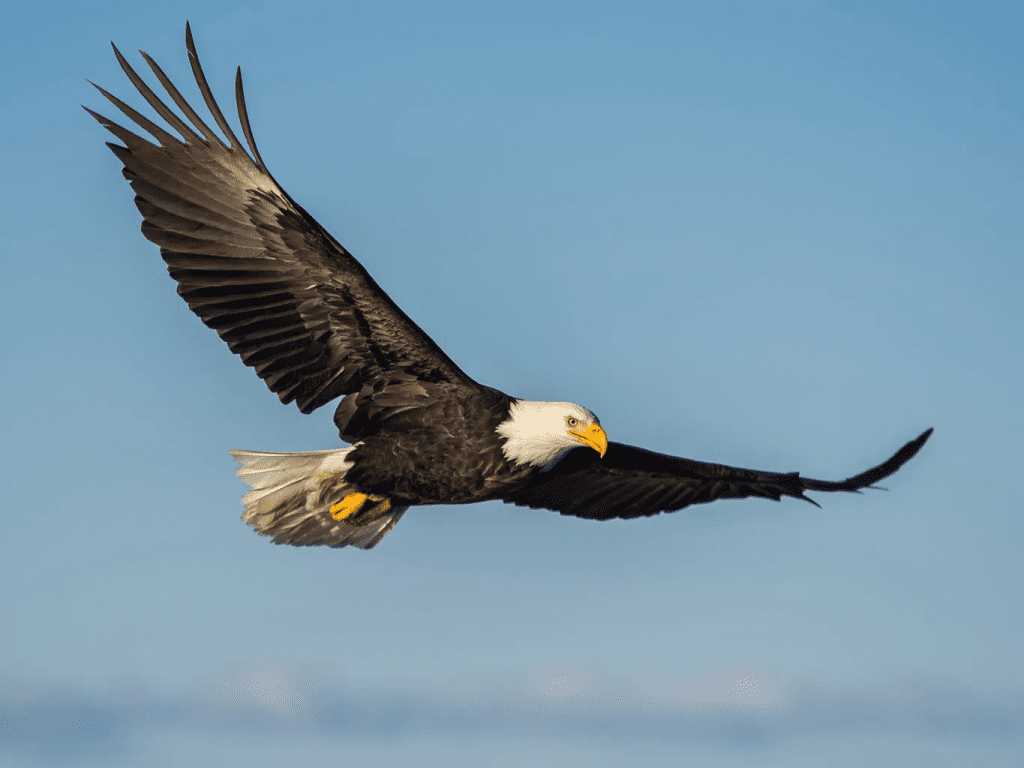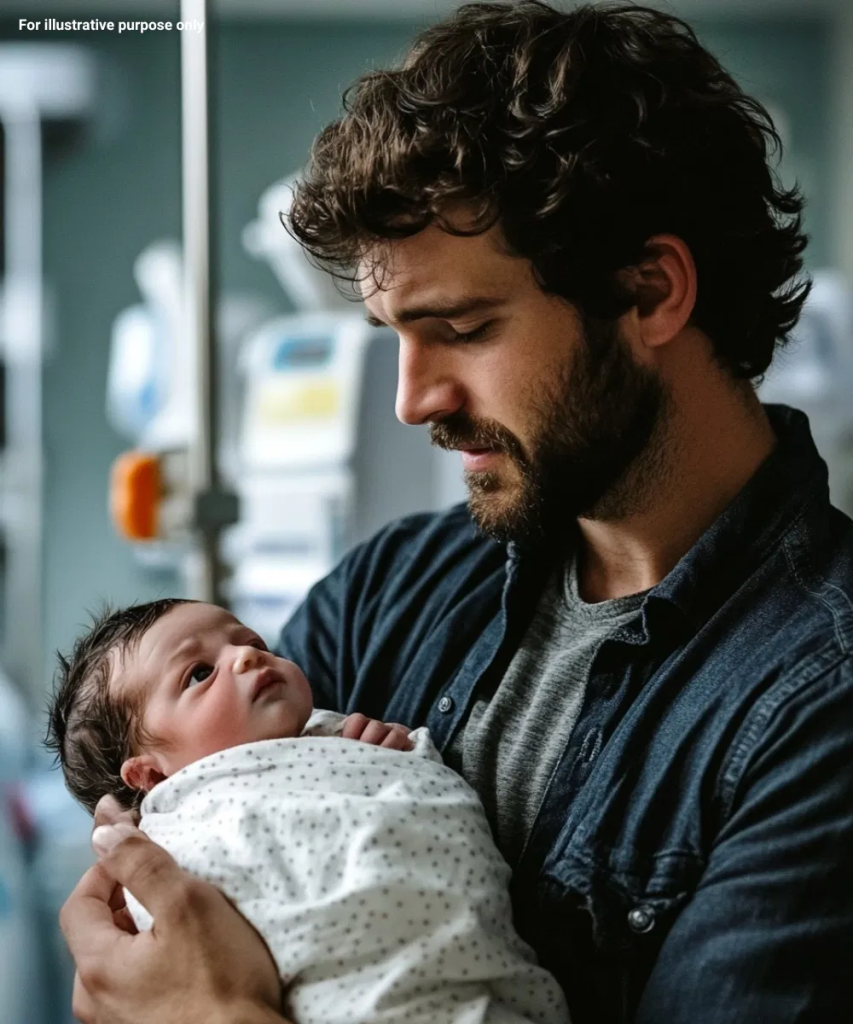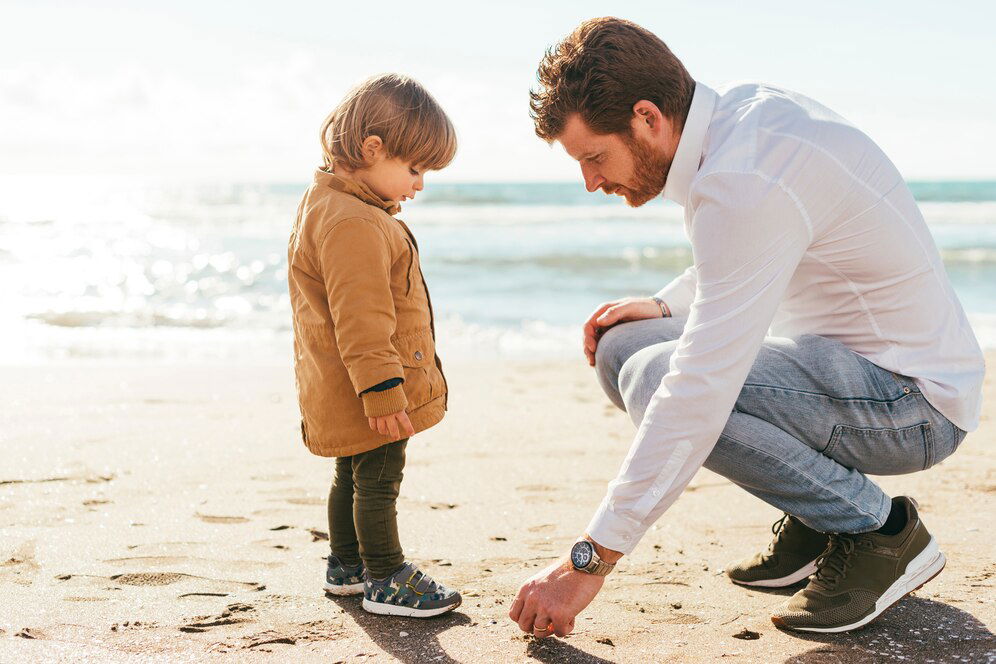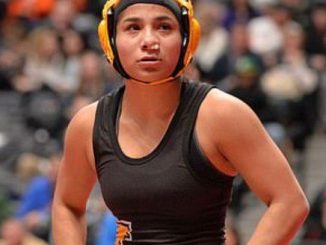Ever wondered how an eagle can swoop down from the sky and snatch a fish right out of the water with flawless precision? It’s not just skill — it’s next-level eyesight. Eagles are like flying cameras, equipped with ultra-high-definition vision that puts modern drone tech to shame.
These majestic birds don’t just glide through the air — they hunt with purpose. Their eyes are designed for the skies, and when you learn just how powerful their vision really is, it’s hard not to be amazed.
Eagle Vision: Better Than 20/20

Most humans consider 20/20 vision to be perfect. But eagles? They blow that out of the water.
Eagles are believed to have 20/5 vision, meaning they can see from 20 feet away what a human would only see clearly at 5 feet. That’s four times sharper than our best natural vision. This insane clarity allows them to pick up details we’d miss entirely — like a small fish flicking near the surface of a river, all from hundreds of feet in the air.
Imagine being able to spot a coin on the ground while standing on top of a 10-story building — that’s the eagle’s world.
Glare? Not a Problem for Eagles
Now, let’s talk about water. Even on a sunny day, the surface of a lake or river can be like a mirror — filled with glare and reflection. For us, it’s tough to see past it. But for eagles?
Their eyes are naturally equipped to filter out glare. They have a special structure in their retina that reduces the interference caused by reflected light, allowing them to cut through brightness and focus on movement beneath the surface. It’s like wearing polarized sunglasses — except built-in, and way more advanced.
Video : The Incredible Eyesight of Eagles: Nature’s Sharpest Vision
So while we might squint at a shiny lake, an eagle is already locked on to lunch.
Binocular Vision That Tracks Targets Mid-Air
You’ve probably heard the term “binocular vision” before — it’s what allows animals (and humans) to judge distance. Eagles have this too, but with a supercharged twist.
Their eyes face slightly forward, giving them excellent depth perception. And because they can move their heads smoothly while keeping their eyes locked on a target, they maintain laser focus even during high-speed dives. That means they can:
- Track a moving fish
- Calculate the angle of attack
- Time their dive to the millisecond
No second guesses. No hesitation. Just pure precision.
A Wide-Angle Field of View Without Losing Detail
Another wild fact? Eagles have a field of view of about 340 degrees — nearly a full circle. Yet somehow, they manage to maintain pinpoint detail in their central vision.
Their retinas are loaded with cone cells, which detect fine details and colors. This gives them a massive advantage: they can scan a huge area while simultaneously zooming in on one moving object. It’s like having both a panoramic lens and a telephoto lens active at the same time.
While you’re blinking at a blurry bird in the sky, the eagle already sees you — and probably knows what brand of hat you’re wearing.
How Eagles Use Vision to Hunt

Let’s break it down. Picture an eagle flying 300 feet above a river. It’s calm, quiet, and the water’s shimmering. Then, with almost no warning, the eagle changes course. Its wings pull in tight, and it drops like a missile.
Why? Because its eyes just caught a tiny flash beneath the surface — a fish swimming near the top.
The eagle:
- Adjusts its position mid-flight
- Times its dive perfectly
- Uses its talons to grab the fish — often without getting fully wet
This all happens in seconds. And it all begins with a flash of movement that you and I wouldn’t even notice.
Evolution Built the Ultimate Predator’s Eye
Eagles didn’t just wake up one day with superhero vision. This visual power is the result of millions of years of evolution, fine-tuned for survival.
Their eyesight helps them:
- Hunt more efficiently
- Avoid threats
- Navigate wide territories with ease

In the wild, vision is survival, and eagles have mastered that art. From open skies to dense forests, they rely on their vision more than anything else. It’s their secret weapon — and honestly, their superpower.
How Eagles Compare to Human Technology
Think your 4K drone is impressive? Eagles would laugh — if they could.
While drones rely on lenses and software to zoom and focus, eagles do it naturally and in real-time. No battery required. No GPS lag. Just pure instinct and biological design.
Their eyes offer:
- Superior motion detection
- Real-time tracking
- Optical clarity beyond anything man-made
In fact, researchers studying eagle vision have helped inspire improvements in camera lenses, tracking systems, and even augmented reality.
Why It All Matters: Nature’s Design Is Still Unmatched
Eagles remind us of something powerful — nature still does it better. We’ve created incredible tools and gadgets, but the eagle’s eye shows that evolution’s been doing high-tech for much longer.
Video : Just How Good is Eagle Vision?
Next time you see one soaring in the sky, take a moment. You’re looking at a living, breathing marvel — one that can see better, move faster, and hunt smarter than any drone or AI-powered camera.
Conclusion: Eyes on the Skies
Eagles aren’t just symbols of power — they’re visual masters of the natural world. With vision four times sharper than ours, built-in glare filters, and targeting precision that feels almost mechanical, they dominate the skies like no other.
Their eyes are their greatest weapon — and their greatest gift.
So, the next time you see an eagle circling high above, remember: it sees you… in more detail than you’ll ever see it. And that’s not magic — that’s evolution in high definition.
Think your eyes are sharp? Nature’s got you beat — try spotting a fish from 300 feet up.
The child was born deaf? Leave him at the hospital, I’m not going to raise a child like that!” — said my wife, raising her voice.

— Our boy was born deaf? Leave him at the hospital, I’m not ready to nurture such a child!” — my wife’s voice rang with a fury I had never noticed before.
“— Olga, what are you saying? This is flesh of our flesh,” — I looked at her as if seeing her for the first time.
The doctor put his hand on my shoulder: “Congenital deafness, complete. Unfortunately, there’s no chance of recovery.”
In these sounds, which my son would never hear, reality was terrible.
“— You don’t understand, Sasha,” — Olga said.
“This is a sentence for us for life. Special conditions… We’ll just destroy ourselves. When will we live?”
I shifted my gaze to the tiny bundle. A small, wrinkled face, gently pink and peaceful.
“— I’m taking him home,” — I said quietly but firmly. “— What?” “— I said I’m taking the baby. Alone.”

“— Are you out of your mind? You’re working part-time as an electrician! How are you going to raise such a baby?” “— Exactly the same as any other. Day by day.”
In the morning, I found that Olga had abondoned, leaving a note with two lines: “Sorry. I can’t control it.”
Five years of life together were only four words on a torn notebook page.
A week later, I delivered my son to my home.
“— And how are you going to manage alone?” — our neighbor Marina Petrovna called out from behind the fence as I approached the house. “— No idea,” — I answered honestly. “— But there’s no choice.”
The first months transformed into an endless survival race. I learned to alter diapers with one hand while working part-time job.
The village commented: “Poor guy,” “He shouldn’t have let his wife go,” “It’s not a man’s job to suffer from diapers.”
I realized a simple truth: my son didn’t know he was missing anything. To him, the world had always been peaceful. But that didn’t make him imperfect. In his world, there were just unsimilar rules.

Every day, we learned a new language. Seeing my sleeping son in his crib, I often thought: “How can anyone reject their own child just because he’s not like everyone else?”
Fortunately, I had recently received a house from my parents and sold it, so I had enough money for living expenses, and I could only work in my free time when the neighbors could watch the baby.
Thus, we began a new life.
After 5 years, Denis grew into a smart, smiled boy with unruly brown curls.
Our house was full of a language without sounds — a language of images and touches. I mastered the sign language for objects, actions, and feelings. My son also learned.
At night, when Denis fell asleep, I would call the representative of schools to register for study.
“— Alexander, you understand that our school is not equipped to teach a child like yours?” — the principal, Nadezhda Igorevna, said softly but firmly. “— Specialists are needed, special methods…”
“— What if I accompany him to classes? Translate everything the teachers say?”
“— And when will you work?” — she sighed. “— Sasha, understand, he needs a boarding school for the hearing impaired in the city.”

The solution came unpredictedly with the arrival of a new teacher.
Anna Sergeevna transferred to our village school from the city. I met her for the first time in our local store, where she was unsuccessfully trying to explain to Nina Fyodorovna that she was prepare for the local press.
“— We don’t have any newspapers,” — I intervened. “— But there’s Zinaida Petrovna. She delivers the mail and also collects and expands all the gossip. A walking newspaper, you could say.”
Anna laughed said:
“— Thanks for the tip,” — she extended her hand. “— I’m Anna, the new elementary school teacher.”
“— My son says you have a beautiful smile,” — I translated.
“— You understand sign language?” — she quickly questioned.
“— Yes,” — Denis responded with gestures. “— Dad taught me.”
To my surprise, Denis already understand a lot — he had learned to read some words by lip-reading and had taught himself the basics of math.
“— And an incredible attention to detail. He can’t hear, but he notices what others miss.”
One evening, when Denis was already in the middle of the tenth dream, we sat on the veranda.
“— You know,” — Anna said quietly, “— I’ve never met a father like you.”
“— What kind of father?”
“— A real one. The kind who doesn’t take the easy path.”
Six months later, their marriage came true.

No fanfare, no noise, just the closest ones. Denis carried the pillow with the rings, beaming with pride over the task entrusted to him.
And then, six months later, a little miracle occured in our life.
Anna brought back from a trip to the city an experimental hearing aid she got through old connections.
“— It won’t improve full hearing,” — she concerned, “— but it may help distinguish very loud sounds.”
We installed the device, not expecting much. Anna picked up a bell and rang it right next to Denis’s ear.
My son’s face transformed — his eyes widened, his lips parted in amazement.
“— I felt something! What was that?”
And over time, Denis called Anna “Mom” for the first time.
“— Tell me about my real mom,” — Denis’s gestures were confident.
I knew this question was undeniable. But it still caught me off guard.
“— Why now?” — my hands moved slower than usual.
“— I want to know everything that’s left in the past before moving forward,” — Denis smiled.
“I’ve been offered a job,” — Denis smiled. “— At an IT company. Remote development. They liked my contest project.”
Despite deafness, he developed an amazing ability to see patterns in code that others missed.
“— Congratulations, son!” — I hugged him. “
“— A new stage is coming,”
“— I want to settle everything that’s left in the past before moving forward.”
When the doctors shared her about your deafness, she broke down.

She was scared she wouldn’t deal with, scared of the life that awaited us.
“— She wanted to leave me at the hospital?” — Denis said.
“— Yes,” — I admitted. “— She said she couldn’t nurture a special child.”
“— Did you ever tell her about me? Did you try to find her?”
“— No,” — I mutted. “— She left for good. I heard she got married in the city, had more kids. I didn’t seek out a meeting. I thought — if she wants, she’ll find me.”
“— Do you regret it?” — His gaze was piercing. “— Staying with me alone?”
I smiled:
“— Not a single day, son. Not a single minute.”
“— What’s this serious conversation about?” — her hands fluttered in the air, creating words.
“— The past,” — Denis answered, then turned to me. “— I forgive her, Dad. But I don’t want to meet her. My real mom is here,” — he threw a warm glance at Anna.
“— He’s grown into an amazing person,” — she said, resting her head on my shoulder.
“— Thanks to you,” — I kissed her on the temple.
“— No,” — she shook her head. “— Thanks to your decision.”
So we sat together under the evening sky — not a perfect family, but a true one. She left because she couldn’t deal with my health. And we stayed. And became a family.



Leave a Reply